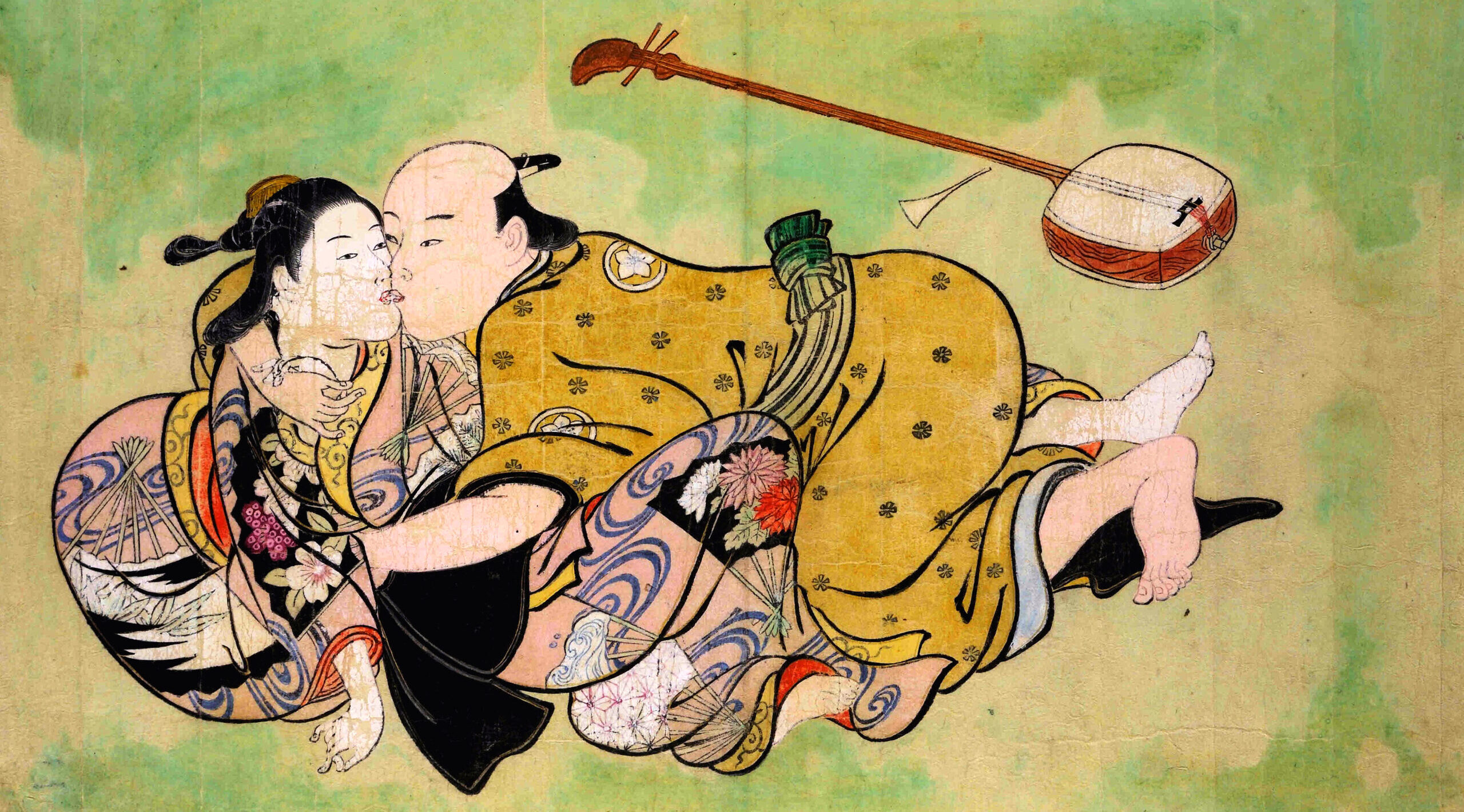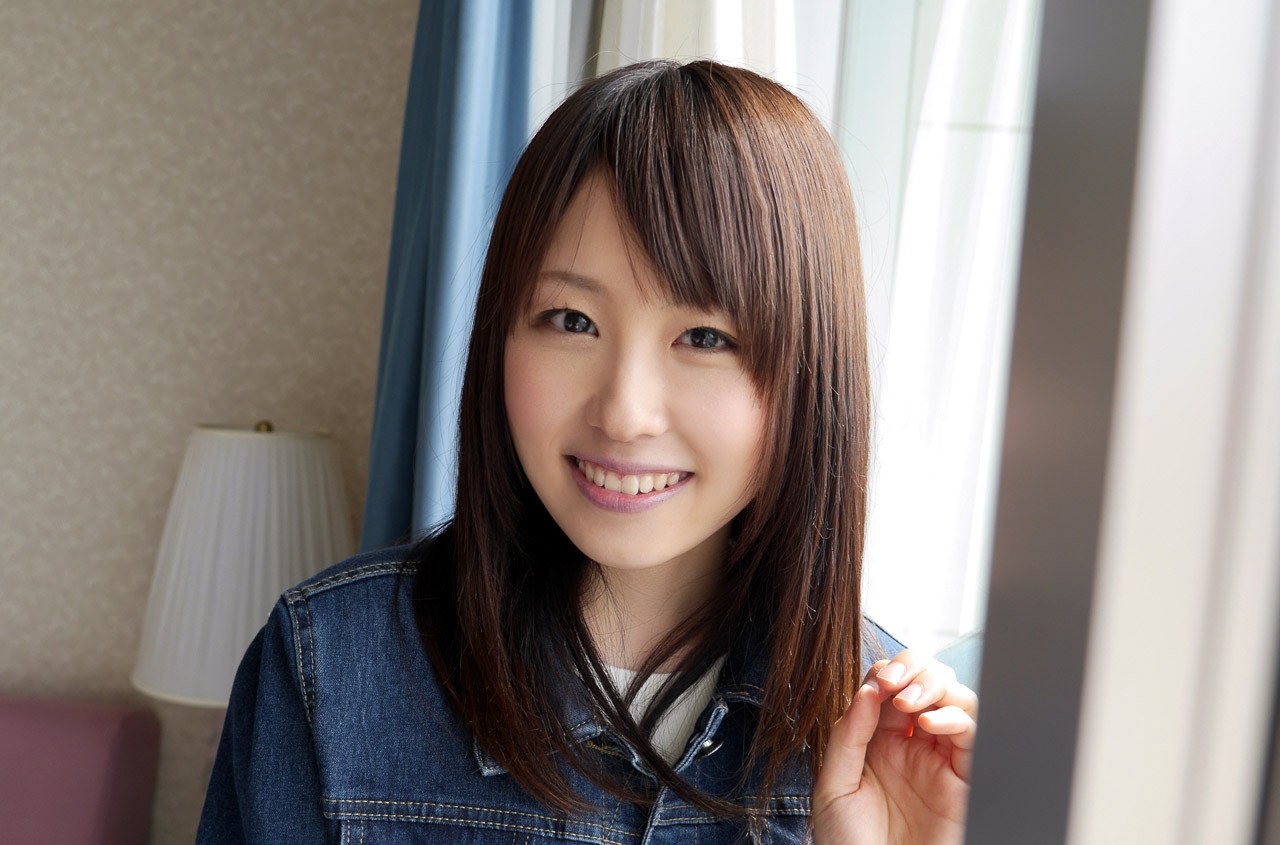Japan’s approach to sexuality and relationships is a complex tapestry woven from historical traditions, cultural norms, modern influences, and technological advancements. As a nation known for its rich cultural heritage and technological innovation, Japan presents a unique perspective on sexual attitudes, behaviors, and societal conversations. This article explores the various facets of Japan’s sexual culture, from its historical roots to contemporary trends and challenges, offering a comprehensive understanding of how sexuality is perceived and expressed in Japanese society.
An Overview of Japan’s Cultural Attitudes Toward Sex and Relationships
Japanese cultural attitudes toward sex and relationships are characterized by a nuanced blend of conservatism and openness. Traditionally, Japan has maintained a reserved stance on public discussions of sexuality, emphasizing modesty and discretion. Nonetheless, private attitudes often reflect a more liberal view, with a high acceptance of dating, marriage, and sexual expression within certain social boundaries. The concept of harmony (wa) influences many aspects of relationships, encouraging subtlety and consideration. Over recent decades, attitudes have evolved, with younger generations demonstrating greater openness to diverse relationship structures and sexual exploration, though societal expectations around gender roles and morality still shape public discourse.
Historical Perspectives on Sexuality in Japanese Society
Historically, Japanese society has exhibited a complex relationship with sexuality, evident in its art, literature, and social customs. During the Edo period (1603–1868), erotic art known as shunga flourished, reflecting a relatively open attitude toward sexuality in certain contexts. Traditional practices such as onnagata (male actors specializing in female roles in Kabuki theater) and the existence of courtesans also highlight a nuanced view of sexuality, often intertwined with social hierarchy and entertainment. Post-Meiji Restoration, influences from Western morality introduced shifts toward more conservative views, but aspects of eroticism remained embedded in cultural expressions. Throughout history, sexuality in Japan has often been both a private matter and a subject of artistic and cultural exploration, revealing society’s layered approach to sexual identity and morality.
Modern Trends and Influences Shaping Japanese Sexual Norms
In contemporary Japan, sexual norms are continually evolving under the influence of globalization, changing gender roles, and shifting societal values. The rise of individualism has prompted many young Japanese to explore diverse relationship models, including dating apps, casual encounters, and alternative lifestyles. Media portrayals of sexuality, including manga and anime, often depict a wide spectrum of sexual themes, influencing popular perceptions. Additionally, the increasing participation of women in the workforce and greater gender equality initiatives are challenging traditional expectations around sexuality and gender roles. Despite these changes, societal pressures around marriage and family remain significant, leading to a complex landscape where modern influences coexist with traditional values.
The Role of Media and Entertainment in Japan’s Sexual Culture
Media and entertainment play a pivotal role in shaping and reflecting Japan’s sexual culture. Manga, anime, and light novels often explore themes of romance, sexuality, and fantasy, reaching a broad and diverse audience. The adult entertainment industry, including the production of gravure idols and adult videos, is a significant part of the cultural landscape, often normalized and integrated into mainstream media. Popular culture also features a wide array of sexualized imagery and narratives, which can influence societal attitudes and individual behaviors. Moreover, online platforms and social media provide spaces for discreet exploration of sexuality and relationships, further expanding the scope of sexual expression and discussion within Japanese society.
Challenges and Discussions Surrounding Sexual Education in Japan
Sexual education in Japan faces ongoing challenges, including gaps in comprehensive understanding and open dialogue about sexuality. While schools provide basic information about reproductive health and safety, discussions about consent, sexual diversity, and emotional aspects of relationships are often limited or inconsistent. Cultural taboos and societal stigma can hinder open conversations, leaving many young people unprepared for the realities of adult relationships. In recent years, advocacy groups and educators have called for more inclusive and comprehensive sex education programs to address issues such as LGBTQ+ rights, sexual harassment, and safe sex practices, aiming to foster healthier attitudes and behaviors among Japanese youth.
The Impact of Technology on Sexual Expression and Dating in Japan
Advancements in technology have profoundly impacted how Japanese individuals express their sexuality and form relationships. Dating apps and online matchmaking platforms have become increasingly popular, offering new avenues for meeting potential partners beyond traditional social circles. Virtual reality and sexting are also emerging as components of sexual expression, providing private and innovative ways to explore intimacy. Additionally, the internet offers spaces for anonymous discussion and community-building around sexual interests, which can be both empowering and challenging, depending on societal acceptance. Overall, technology has democratized access to sexual and romantic experiences in Japan, shaping a more diverse and individualized landscape of sexual expression.
Japan’s sexual culture is a dynamic interplay of tradition and modernity, shaped by historical legacies, societal norms, media influences, and technological innovations. Understanding this multifaceted landscape offers insight into how Japanese society navigates the complex realms of sex and relationships, balancing discretion with openness and individual desires with collective values. As Japan continues to evolve, ongoing conversations and adaptations will likely further redefine its approach to sexuality in the years to come.









